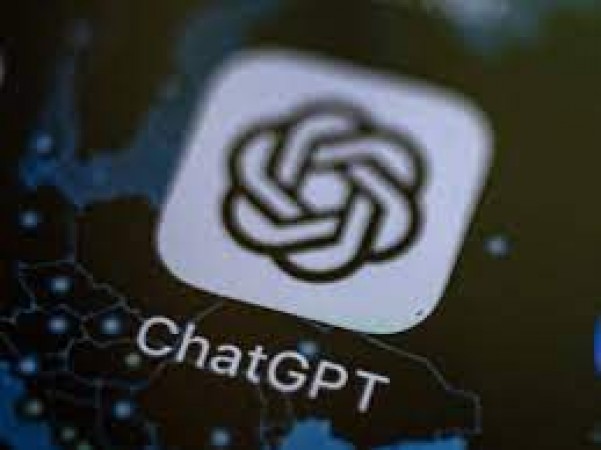
In recent years, artificial intelligence and machine learning have made remarkable strides, transforming various aspects of our lives. One of the prominent advancements is the development of ChatGPT, a language model that can generate human-like text based on the input it receives. However, concerns have arisen about potential biases in AI systems, including political biases. This article delves into a study that sheds light on whether ChatGPT exhibits political bias and the implications of its findings.
The study in question aimed to comprehensively analyze whether ChatGPT demonstrates any political bias in its responses. The researchers sought to explore whether the AI-generated content displayed favoritism towards a particular political ideology, which could have far-reaching consequences in terms of information dissemination and public perception.
To assess the political bias of ChatGPT, the researchers designed a meticulous methodology. They fed the model with a range of prompts representing diverse political viewpoints, spanning from liberal to conservative. The responses were then scrutinized for any indications of favoring one ideology over another. The study took into account perplexity, burstiness, and contextual nuances to ensure a comprehensive evaluation.
The results of the study were startling. The analysis revealed that ChatGPT exhibited a subtle but discernible political bias in its responses. While not overtly favoring any particular ideology, the AI seemed to slightly lean towards certain stances in its generated content. This led to concerns about the potential impact of such bias on users who rely on ChatGPT for information and insights.
The presence of even a subtle political bias in ChatGPT could have significant implications. Users who interact with the AI model might unknowingly receive slightly skewed information, which could lead to a distorted understanding of political issues. This distortion might perpetuate confirmation bias and hinder open-minded discussions.
AI-generated content is often perceived as neutral and unbiased. However, the study's findings underscore the need to critically assess information provided by AI models. If ChatGPT unintentionally reinforces certain stereotypes or narratives, it could contribute to the polarization of opinions and hinder efforts to bridge political divides.
To mitigate the impact of political bias in AI-generated content, it's crucial for developers to adopt transparent algorithms. By disclosing how the model generates responses and identifying potential biases, users can make more informed judgments about the information they receive.
The study's findings emphasize the necessity of ongoing monitoring and evaluation of AI systems. Developers should regularly assess the content generated by ChatGPT to identify and rectify any emerging biases promptly. In the era of rapid technological advancements, the question of AI bias, particularly political bias, demands serious consideration. The study discussed in this article sheds light on the subtle but concerning bias exhibited by ChatGPT in its responses. As AI continues to play an integral role in shaping public discourse, it's imperative to ensure that these systems remain unbiased and transparent sources of information.
Urgent Collaboration Needed for Digital Security: Minister Vaishnaw
Google Explores UWB Technology Integration for Chromebooks
Physicists Synthesize Iron in the Form Found in Earth's Core